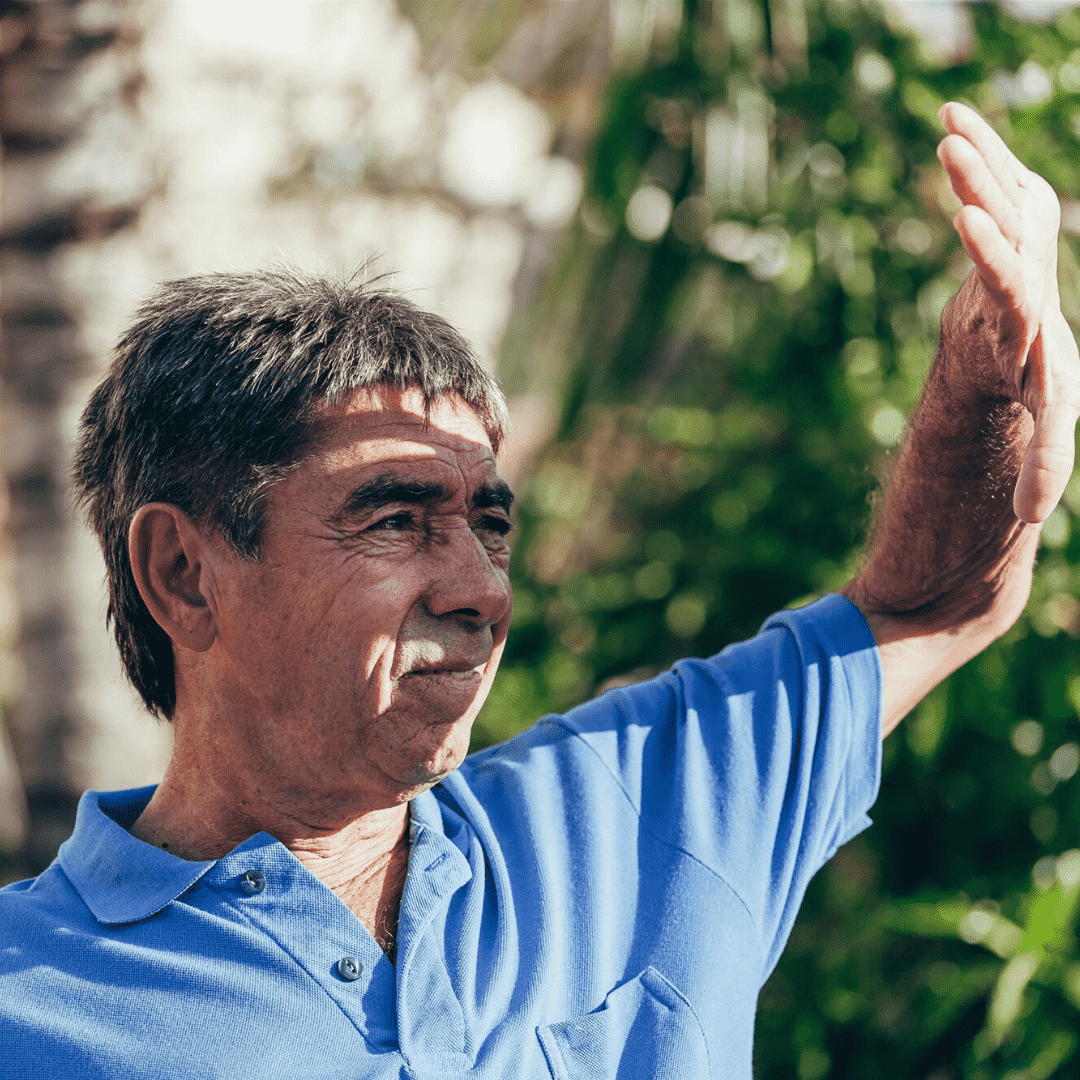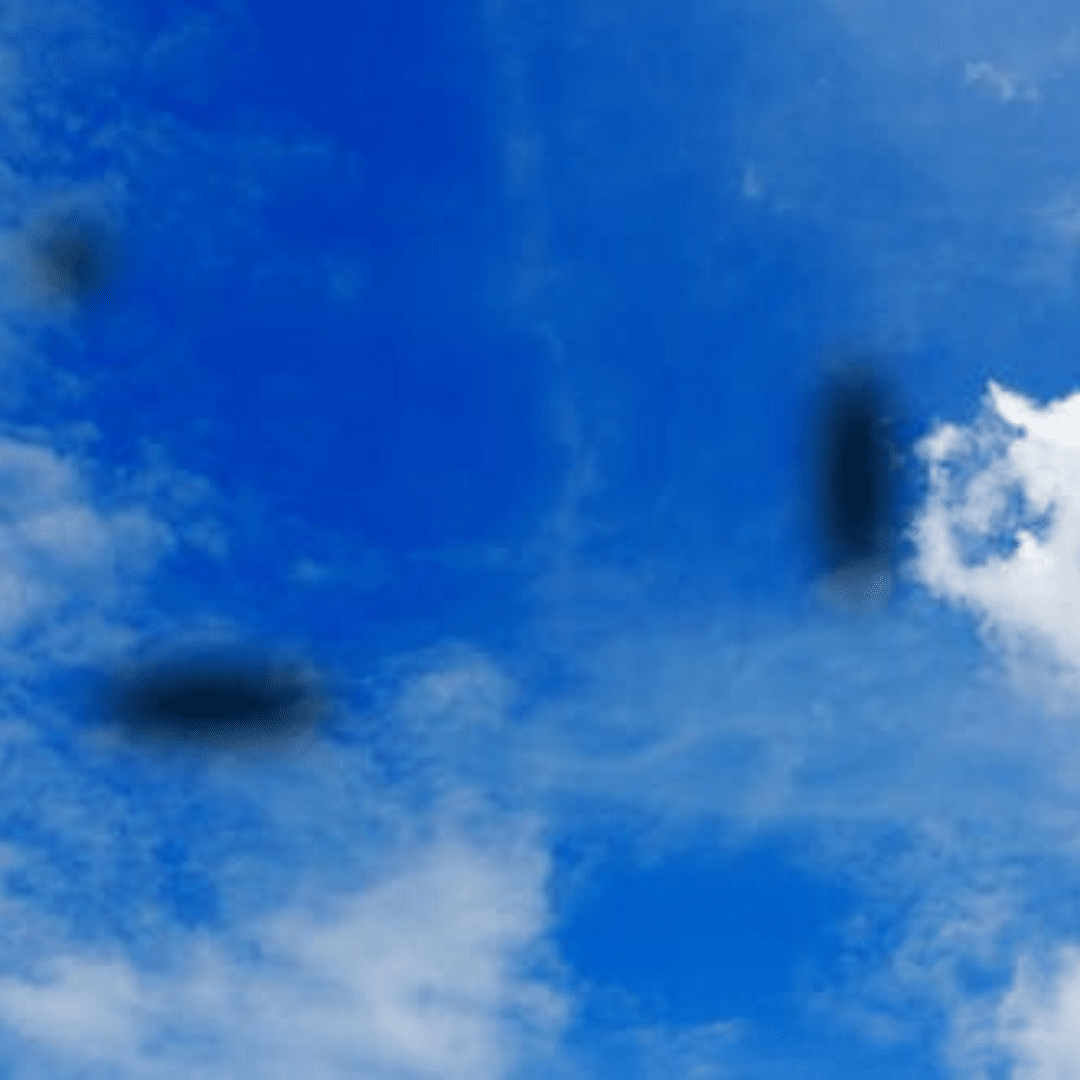Watch This Video
Watch this video to understand your disease better. Know about retinitis pigmentosa Ayurvedic Diagnosis and Learn How Ayurveda Treats it effectively and naturally.
Retinitis Pigmentosa (RP) is a genetic disorder that is passed from generation to generation and it is an incurable disease that can only be slowed with treatment and therapies. It causes progressive loss of vision initially in dim light by affecting the rod cells and later on in day vision also due to the involvement of the cone cells. The patient gradually starts losing eyesight, and if the condition continues unchecked, it results in permanent blindness. The Ayurvedic treatment in Retinitis Pigmentosa (RP) focuses on relieving the symptoms of this disease and slowing down its progress.
Retinitis Pigmentosa (RP) is a genetic disorder that is passed from generation to generation and it is an incurable disease that can only be slowed with treatment and therapies. It causes progressive loss of vision initially in dim light by affecting the rod cells and later on in day vision also due to the involvement of the cone cells. The patient gradually starts losing eyesight, and if the condition continues unchecked, it results in permanent blindness. The Ayurvedic treatment for Retinitis Pigmentosa focuses on relieving the symptoms of this disease and slowing down its progress.
Table of Contents
ToggleWatch this video to understand your disease better. Know about retinitis pigmentosa Ayurvedic Diagnosis and Learn How Ayurveda Treats it effectively and naturally.




The severity of the disease and speed of vision loss varies from person to person, depending on its genetic type. It is one of the most common diseases caused by congenital abnormalities. The parents’ consanguineous marriage is a causative factor for many genetic diseases, including retinitis pigmentosa. The exact causes are not fully understood, and there can be many possibilities to cause congenital abnormalities.
Retinitis Pigmentosa Treatment in Ayurveda works at two stages. The first stage involves the purificatory therapies that include Virechan, Nasya, Snehpana, Shirodhara, Netradhara, and Tharpana. The second stage consists of rejuvenating Rasayana medicines to maintain the strength of the retina and optic nerves.
The patient needs to undergo both phases of treatment repeatedly at regular intervals. The patient requires a twenty-one-day Panchakarma session once in 6 months or once a year, depending on the patient’s condition. It is a widely accepted Retinitis Pigmentosa treatment in India.
A healthy and balanced lifestyle and Yoga help support the treatment and prevent the speed of degeneration.
Long exposures to mobile & tv screens, bright lights, glaring lights, alcohol, fast food, and smoking are very harmful to human eyes. A patient with RP should avoid using these things.
At Prakash Nethralaya and Panchakarma Kendra, an Ayurvedic eye specialist does a comprehensive examination of the patient's eyes, including vision tests, eye pressure, field vision, and an in-depth evaluation of the patient's symptoms. Then, the doctor plans for Panchakarma therapies. The admitted treatment is for 21 days period initially. The treatment consists of various detoxifying therapies, diet, lifestyle changes, and Yoga sessions. Patients with RP require using the medicines for longer durations of time. The patient requires repetitive Panchakarma sessions after every six months or a year, depending on the severity of the symptoms. A detailed discussion with an Ayurvedic eye specialist can give you clarity about Ayurvedic treatment for Retinitis Pigmentosa (RP). You can book an online video consultation to know more about your disease and its treatment line.
50,000+ Patients Successfully Treated
Retinitis pigmentosa is a permanent disorder that worsens with time, some people finally go blind. All treatments including Ayurvedic treatment only slow down its progress.
There is no natural cure for retinitis pigmentosa. It only turns from bad to worse with time. Specific treatments and diet restrictions can help in controlling its progress.
Ayurvedic treatment of retinitis pigmentosa focuses on arresting the degeneration of vision. It preserves the visual power by slowing down the progress of disease. The total time needed to complete Ayurvedic therapies is 16-20 days. Then the treatments are repeated and medications are administered regularly at home.
If one has inherited the disease, there is really nothing much that can be done about it. However, regular exercises and diet restrictions can help in slowing down degeneration and arresting its progress.
Yes, Ayurvedic medicines, Panckakarma therapies, diet restrictions, and lifestyle modifications can help in arresting the progress of Retinitis Pigmentosa.
Understand the root-cause of your problem, and begin your personalized treatment today
Book Video Consultation Now